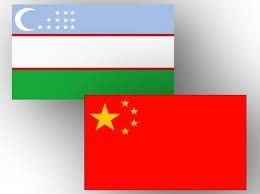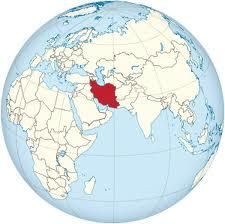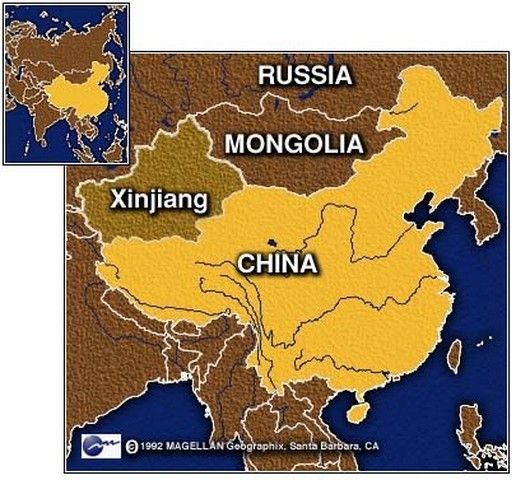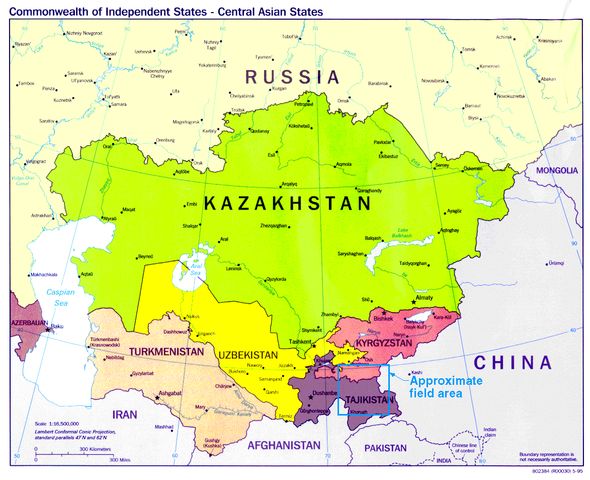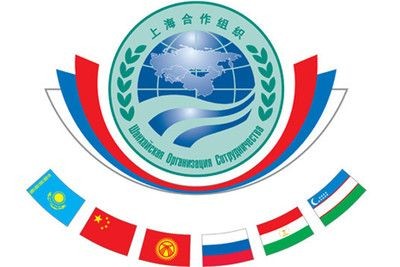BISHKEK (TCA) — On June 13-14, Kyrgyzstan’s capital Bishkek hosted a meeting of the Shanghai Cooperation Organization's (SCO) Heads of State Council. Taking part in the meeting were Prime Minister of India Narendra Modi, President of Kazakhstan Kassym-Jomart Tokayev, President of China Xi Jinping, President of Kyrgyzstan Sooronbai Jeenbekov, Prime Minister of Pakistan Imran Khan, President of Russia Vladimir Putin, President of Tajikistan Emomali Rahmon, and President of Uzbekistan Shavkat Mirziyoyev. Kyrgyz President Jeenbekov chaired the meeting. SCO Secretary-General Vladimir Norov and Director of the Executive Committee of the SCO's Regional Anti-Terrorist Structure (RATS) Jumakhon Giyosov also took part in the meeting. President of Afghanistan Mohammad Ashraf Ghani, President of Belarus Alexander Lukashenko, President of Iran Hassan Rouhani, President of Mongolia Khaltmaagiin Battulga, as well as UN Under-Secretary-General Rosemary A. DiCarlo, Executive Secretary of the Commonwealth of Independent States Sergei Lebedev, Acting Secretary-General of the Collective Security Treaty Organization Valery Semerikov, Chairman of the Eurasian Economic Commission Board Tigran Sargsyan and UN Assistant Secretary-General for Humanitarian Partnerships with the Middle East and Central Asia Rashid Khalikov attended the event. The heads of the SCO member states reviewed the implementation of the results of their 2018 Qingdao Summit and the priority goals for SCO development in the context of current global political and economic processes. The parties' agreed-upon positions are reflected in the Bishkek Declaration that was adopted on June 14, the SCO Secretariat reported on its official website. The member states underscored their intention to continue to rely on the goals and objectives of the SCO Charter and to follow the Shanghai Spirit that embodies mutual trust, mutual benefit, equality, mutual consultations, respect for the diversity of cultures and a striving for joint development. Efforts will be continued to promote practical cooperation in politics, security, trade and the economy, including finance, investment, transport, energy and agriculture, as well as the development of intra-SCO cultural and humanitarian ties. They will focus on deepening diverse mutually beneficial cooperation with all interested states, primarily the SCO observer states and dialogue partners, the Declaration says. The SCO member states reaffirmed their determination to ensure regional security and stability. In this context, they support the work of the government and people of Afghanistan (with support from the international community) for restoring peace and ensuring the country's sustained development. The SCO member states once again expressed their willingness to facilitate a political settlement under the guidance of the people of Afghanistan and with their involvement on a bilateral basis and within the framework of the SCO-Afghanistan Contact Group. They emphasized their determination to step up efforts to consolidate the economic component of SCO activities and cooperation for the purposes of jointly forging an open world economy. They prioritized the importance of merging the positions of the SCO member states in conditions of the expanded protectionist actions of certain states that undermine the foundations of the multilateral trade system and create artificial obstacles for the development of trade, economic, financial and investment cooperation. Under these conditions, the...
